2-Channel Differential-Hall FQ
Rheintacho
Frequency range 0,1 - 20 kHz
Hall effect sensors, also known as Hall effect transducers, are electronic devices that generate a voltage when exposed to a magnetic field. Hall effect sensors come in various forms and the different models can handle a wide range of applications as well as the toughest conditions. The three main types are linear Hall effect sensors, Digital Hall sensors and switches, and programmable Hall sensors.
Linear Hall effect sensors generate a continuous voltage output that is directly proportional to the magnitude of the applied magnetic field. Linear sensors are often used in the automotive industry, current sensing, and position tracking. Digital Hall sensors and switches convert the magnetic field into digital signals. They have high immunity to interference and are often used in applications where it is necessary to detect the presence or absence of magnetic fields. Programmable Hall sensors allow the user to calibrate and set specific functions so that they can operate in various environments and applications.
Hall effect sensors are used in a variety of applications, including extensive mechanical engineering, vehicles and mobile work machine applications as well as in hydraulic units.
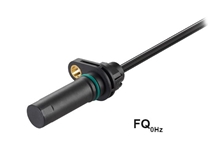
Frequency range 0,1 - 20 kHz
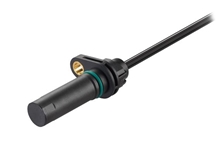
Frequency range 0 - 40 kHz
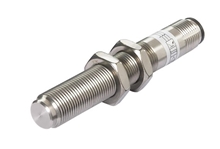
Frequency range 0,1 - 20 kHz
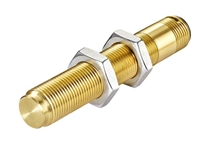
Frequency range 0 - 20 kHz
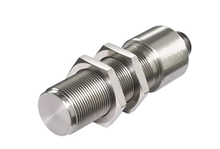
Frequency range 0,1 - 20 kHz
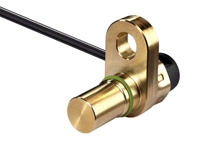
Frequency range 1 - 5 kHz
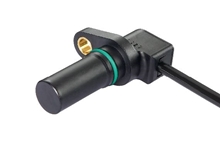
Frequency range 0 - 12 kHz
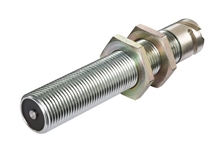
Frequency range 50 - 30 kHz